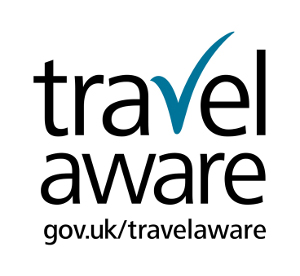Travel News » September 2010 » New UK passport to be issued from October 2010
New UK passport to be issued from October 2010
14/09/2010
The UK Home Office has a devised a way to make it more difficult for criminals to manufacture fraudulent UK passports. From October this year, a new UK passport will be distributed, depicting images of some of the most recognisable images of the UK, including the White Cliffs of Dover, the Gower Peninsula and Ben Nevis.
The new UK passport will replace the old version that came out in 2006, when the microchip was first introduced to the document.
The new UK passport will continue to make use of the imbedded microchip, but this time the chip will be hidden from view, making it more difficult for fraudsters to tamper with it. The passport holder's photograph and personal details will be protected by several holograms to make it difficult for them to be altered. There will also be a second copy of the photograph of the passport holder in the document for added security.
Sarah Rapson, a spokeswoman for the Identity and Passport Service, commented on the new UK passport: 'Through its combination of physical and electronic security features, the UK passport remains one of the most secure and trusted documents in the world, meeting rigorous international standards. The new design is part of our strategy to stay ahead of criminals who look to fraudulently alter or copy passports.'
The Home Office has confirmed that the new UK passport will not incur any extra charges. It will still cost £77.50 for a ten year 32 page passport. The UK passport has experienced 15 alterations, and the first to be issued was a single page folded into eight.
Remember that your passport is an essential document for travelling abroad, and you must look after it carefully. Make sure it is valid before you travel - in some countries it needs to be valid for six months. If your passport is lost or stolen in the UK, report it to the Identity and Passport Service immediately. If your passport is lost or stolen abroad, report it to the police and contact the Foreign Office for advice.
 Digg
Digg
 Reddit
Reddit
 Facebook
Facebook
 Tweet This
Tweet This



